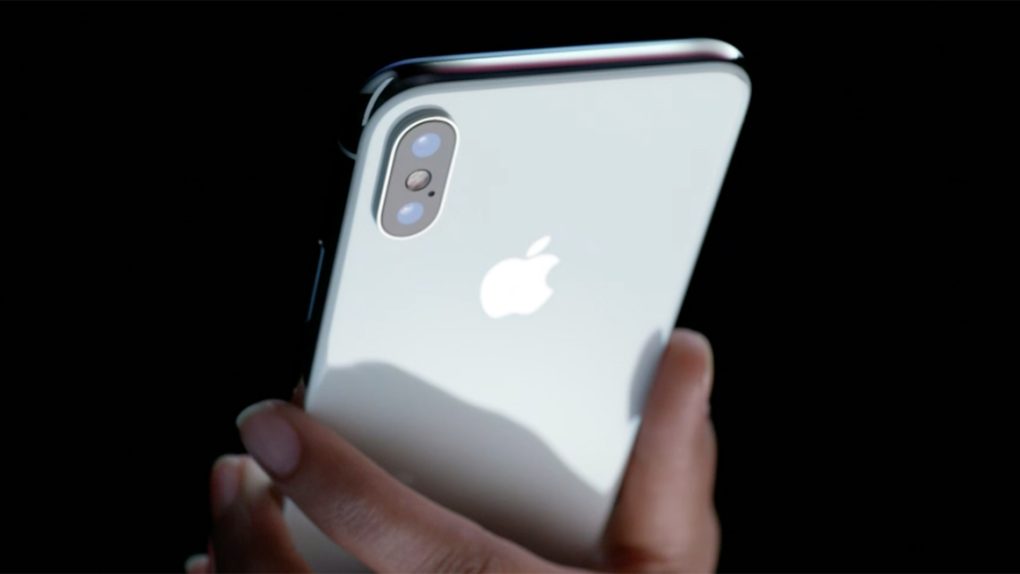Apple has been known to dabble with an open source project or two, and the company even adopts widely used standards from time to time. The latest example comes courtesy of the iPhone 8, iPhone 8 Plus, and iPhone X, which all make use of the Qi wireless charging standard. But Apple certainly isn’t best known for adopting standards and instead has a long history of seemingly going out of its way to use proprietary solutions rather than standards.
Ports have always been prime examples of this, of course. Apple famously used a special 30-pin port on its iPods, iPads, and iPhones in the early days, ensuring a pain in the butt for end users and accessory makers alike. When Apple finally did ditch the 30-pin connector in favor of something smaller and more modern, the company once again cast the needs and wants of its customers aside and chose the Lightning port found on all current iPhone, iPad, and iPod touch models. It’s a huge pain indeed, but a new report states that Apple’s run of being purposefully difficult is about to come to an end.
This is one of those rumors that should be filed squarely under “we’ll believe it when we see it,” but oh, how we desperately want to believe. According to multiple unnamed sources speaking with industry watcher Digitimes, Apple plans to abandon the Lightning port on next year’s new iPhone models and switch to a USB Type-C port.
“Apple is redesigning chargers and related interface for its next-generation iPhone and iPad devices, and will likely have its 2019 series of iPhones come with USB Type-C support, according to sources at analog IC vendors,” the report says.
🎉🍾🎉🍾🎉🍾🎉🍾🎉🍾🎉🍾🎉🍾🎉🍾🎉🍾🎉🍾
Now, it is of course important to note that Digitimes doesn’t have the greatest track record when it comes to details surrounding unreleased Apple products. The site’s sources are legitimate, of course, but they’re scattered throughout Apple’s supply chain and do not actually work at Apple. As a result, the site often reports early information that hasn’t been finalized and could change before the products in question are actually released.
We certainly hope that’s not the case with this particular report. In fact, we’ve never wanted anything to be true more than we want this report to be true. It makes sense that Apple would want to unify its ports and use USB-C across its MacBook and mobile device lines, but this is Apple so it would certainly be uncharacteristic, at best.








